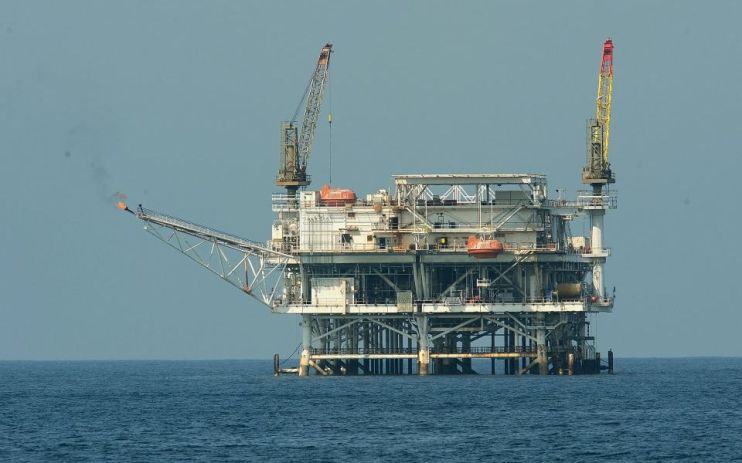Offshore energy sector calls on Westminster to back oil and gas production

Industry body Offshore Energies UK (OEUK) has challenged Westminster to back domestic energy production in the North Sea.
It has warned energy generation will falter unless oil and gas sector develops more projects in British waters, and called on politicians to back its ambitions for a long-term boost in UK energy supplies.
This comes amid fears of supply shortages this winter, with Russia squeezing gas flows into Europe.
OEUK Sustainability Director Mike Tholen said: “While we don’t know what winter will bring for the UK this year, we know that it is coming and, we must be prepared for the worst and hope for the best to support UK energy security.”
Earlier this year, the Government brought in the Energy Profits Levy, a further 25 per cent tax on the profits of North Sea oil and gas operators.
Since then, Labour has called for investment relief to be scrapped from the tax, to help tame record energy bills this winter.
The sector has been a lightning rod for criticism, with Shell and BP raking in record profits amid soaring oil and gas prices.
However, OEUK argued that energy bills would rise further if the UK became even more dependent on volatile overseas vendors.
Tholen explained: “If we are to continue our efforts to protect UK gas supplies, which remains the backbone of our energy mix for electricity, heating and industrial processes, we need politicians of all parties to support energy produced here in the UK with all the benefits that brings for taxes, energy security and jobs. It’s all the more important at a time when we can’t afford to tighten supplies even further, which is what will naturally happen if domestic production of gas isn’t maintained.”
Gas production ramped up as supply crisis bites
UK gas producers have boosted domestic production 26 per cent in just six months, according to Government statistics, enough energy to heat an extra 3.5m UK homes for a year.
The ramp up in gas production comes as Downing Street seeks to strengthen the UK’s energy security.
This includes North Sea oil and gas exploration alongside domestic energy generation in renewables and nuclear.
The global energy supply crisis, driven in part by the removal of Russian energy supplies, has driven up oil and gas prices around the world, as countries compete for resources meet energy demand.
The UK has severed energy links with Russia, with a recent House of Commons briefing confirming that in June 2022, the country imported none of its oil, gas or coal.
Nevertheless, gas is currently the primary source within the UK’s energy mix, meeting 44 per cent of the country’s electricity generation in July and heating 85 per cent of homes, alongside fuelling other industrial processes producing materials and goods.
OEUK highlighted that the 3.5bn cubic metres of additional UK gas supplies produced in the first half of the year has been driven by domestic energy generation.
This includes the start-up of new fields in the southern North Sea, including Harbour’s Tolmount field and IOG’s Saturn Banks project.
There has also been much less planned shutdown activity due to the extent of work completed in 2021 and as companies focus on plant uptime to maximise energy supply.
This has reduced the UK’s need to buy more gas from other countries through pipelines or LNG, which is piped and shipped from countries across the world including Norway, US and Qatar.